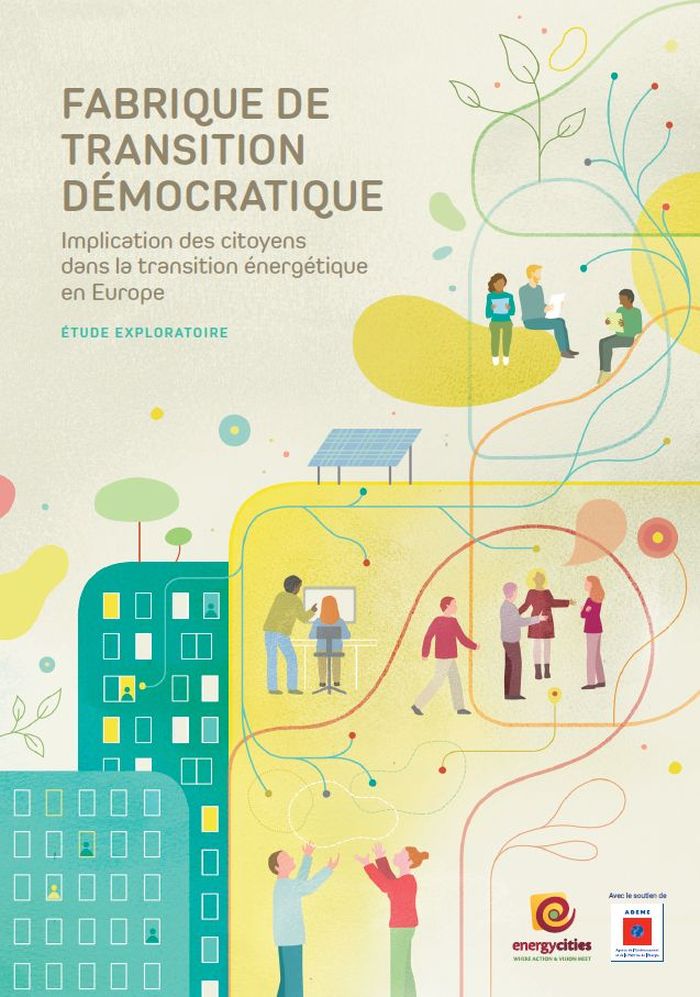Democratic transition factory
Involving citizens in Europe's energy transition

At the end of 2015, States representatives from all over the world met in Paris. They affirmed their common desire to prevent the rise in temperatures compared to the pre-industrial era and to do everything possible to limit it to 1.5°C. Yet in 2017, after three years of stagnation, global greenhouse gas emissions started to rise again. The latest IPCC report confirms that the commitments made during COP21 will be particularly difficult to achieve and calls for an international start: reducing CO2 emissions as a matter of urgency.
In this context, cities have a very important role to play.
Case studies
Three cities are studied in detail: Cadiz (Spain), Grenoble (France) and Maastricht (Netherlands), extensions are proposed with the cities of Reykjavic (Iceland), Barcelona (Spain), Viladecans (Spain), Leuven (Belgium), Leeds (England), Amersfoort (Netherlands), Polotsk (Belarus), Pazin (Croatia), Antwerp (Belgium), Cascais (Portugal), Guadalajara (Mexico), Gdansk (Poland) and 8 Living Streets cities.
